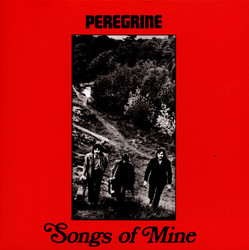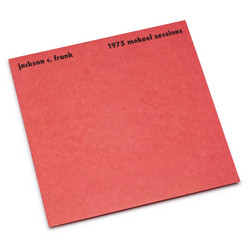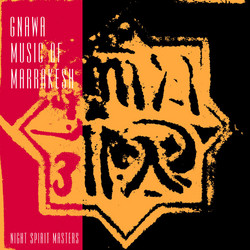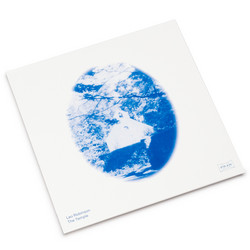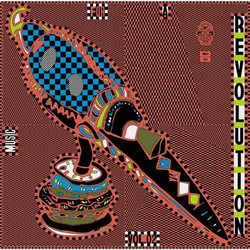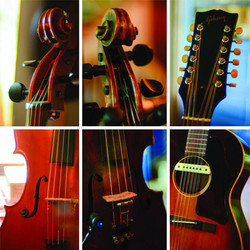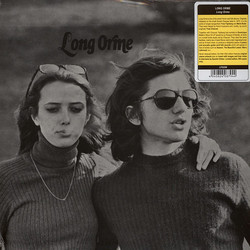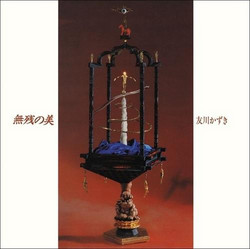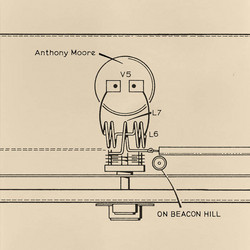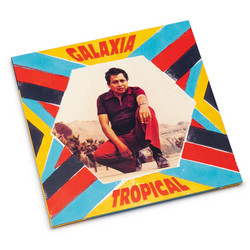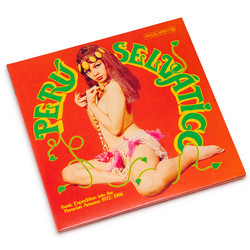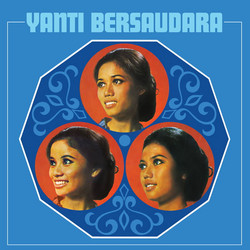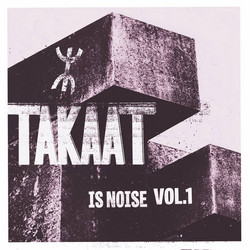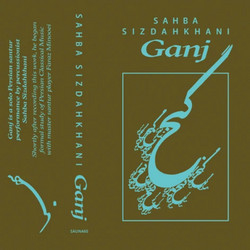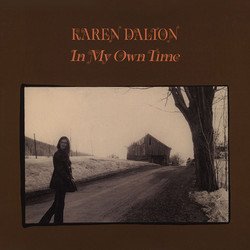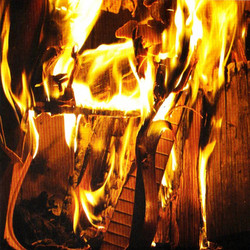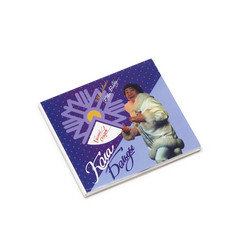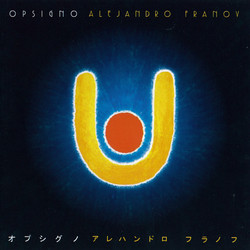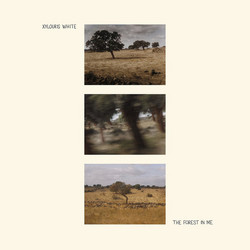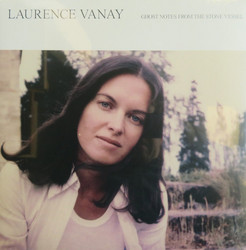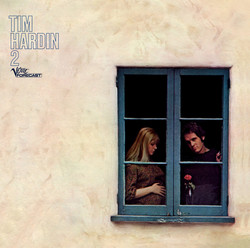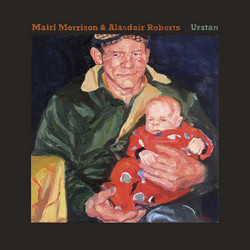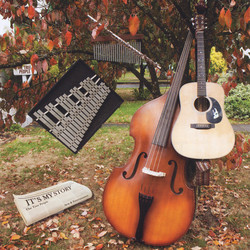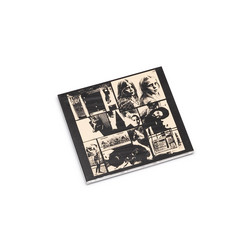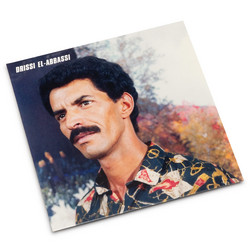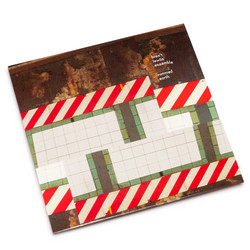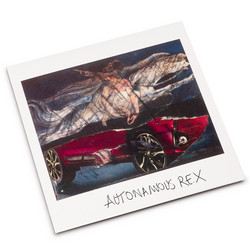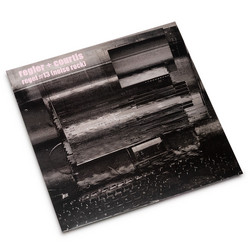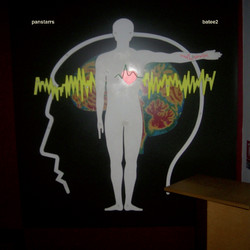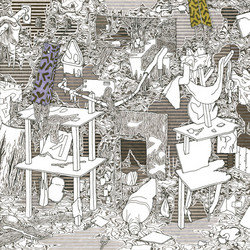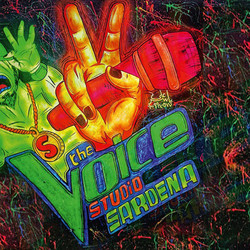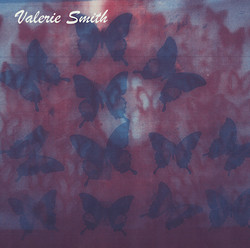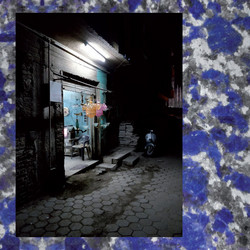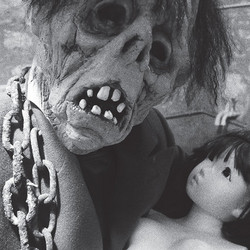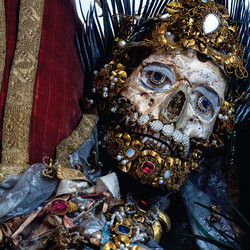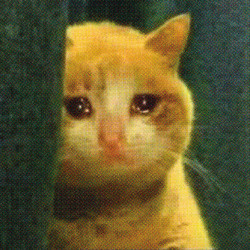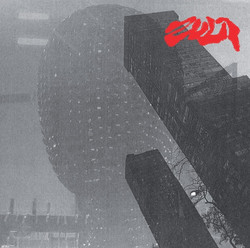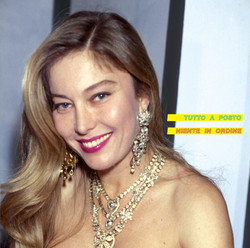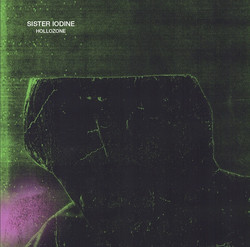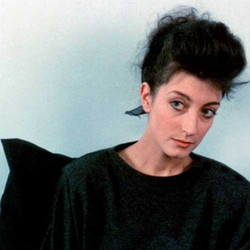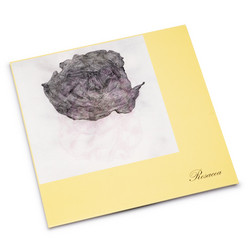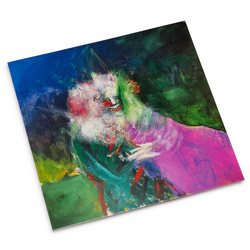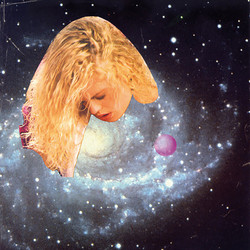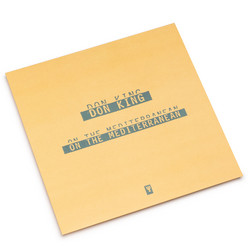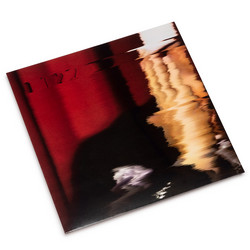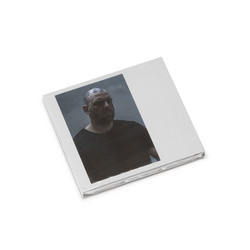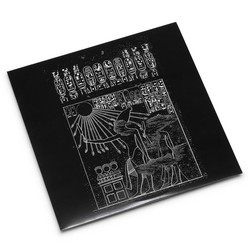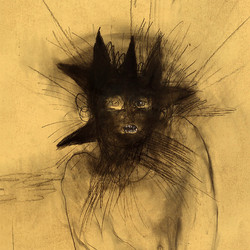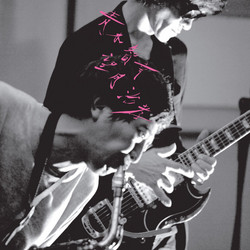My name is Cheb Mohamed Drissi from Sidi Bel Abbes. In the mid-1970's, the music scene in the Oran region was dominated by groups such as Les Aigles Noirs, Choc, or The Basils - playing mainly Western pop covers, ranging from the Beatles to French romantic songs. Then, there were also the emerging new Rai sounds, championed by Messaoud Bellemou and his troupe - with a sound driven by trumpets and saxophones.
I was 17 in 1978, when I joined Les Aigles Noirs as a "stage animator". Delivering lyrics to the lead singer, interacting with the audience, handling the atmosphere, etc... We played weddings and parties. And This is how I met Ahmed Zergui. Zergui and his group, 'Les Freres Zergui' were pioneers. They were the first to introduce wah wah pedals and drums in Rai. Their sound was really mind blowing to us. We were familiar with what Bellemou was doing with singers such as Benfissa or Boutaiba Sghir. Not to mention Boutelja whose sounds were already progressive - But this was something else. It combined Rai, Rock and Jazz elements into something unheard before. It was about 1979 when Ahmed Zergui offered me to join his group as an animator. The band was getting a lot of attention in our region (we'd play 2 shows per night on weekends) and Sassiphone in Oran released our first single; "Khalti Fatima". Ahmed Zergui considered me like a young brother, really. He's the one who encouraged me to start singing.
In 1979, I released my first cassette "Jayya arassa / Jaya techoufi babak" on Editions Mekkeraphone with Zergui on Guitar. Cheb Khaled was the rising star of Rai after releasing "Ya Sada" and he covered my song "Jat Jat”, which helped attract a lot of attention, and resulted in many show requests around Oran. "Jat Jat" was my third and last release for Mekkeraphone.
Ahmed Zergui passed away in 1983. It was a huge shock to the scene, and to me in particular. The group separated and we did not know what to do. His late mother, who was devastated, insisted that the group name - Les Freres Zergui - cease to exist after her son's departure. In 1984, I began reaching out to former members of the group, such as Omar Assou, Kassem Atek, Nasser and Houari Toubi. In Oran, I linked with the label La Nouvelle Etoile, who invited me to start recording again. We signed a 3-year contract and we released 9 cassettes together; the first of which featured "Jibek Liyam" and "Malgre Ma Dert Fiya".
Rai was progressing fast, and had started to integrate modern instruments such as Roland synthesizers, drum machines, etc... We started recording at Studio Malik in Oran, and this is where we met the true legend that was Meghni Mohamed - one of the greatest musicians I have worked with. He currently lives in France, I reckon. During this time, we learnt modern recording techniques which were completely new to us: separating tracks in the recording process, as opposed to the usual live recording where we used to repeat takes almost infinitely.
By the late 1980’s, we had worked with most of the established Rai labels such as Editions Anwar, Editions Maghreb, or Editions Saint Crepain. In 1994, Kassem Atek and I considered applying quarter tones and Hijaz Maqam to the electric guitar. I was very familiar with them on vocals, but applying them to guitar was a first in North Africa. This new sound had a relatively large success, which resulted in numerous releases. By 1998, my children were growing up, and I thought that maybe the time to retire from music had come. - Drissi El-Abbassi
